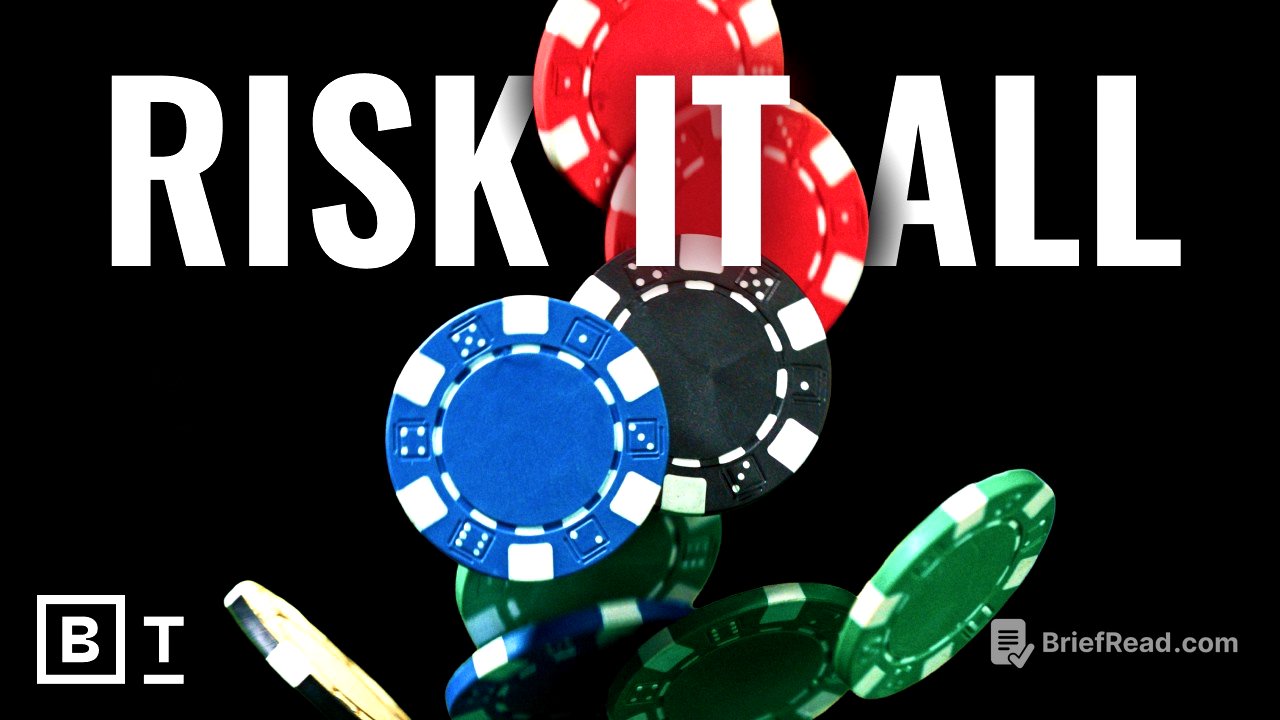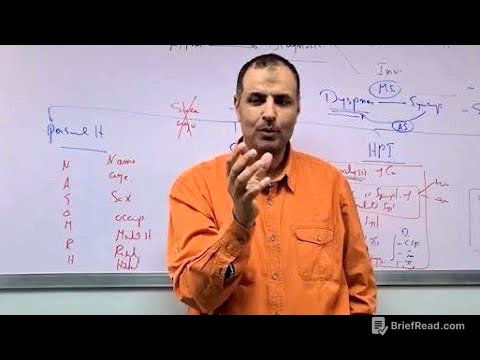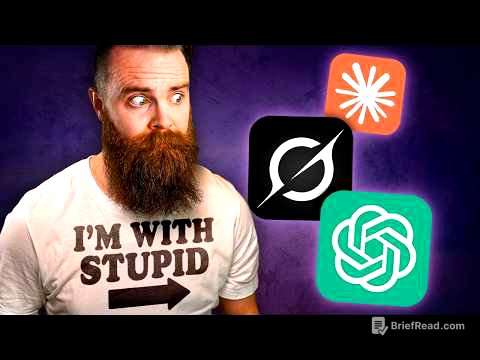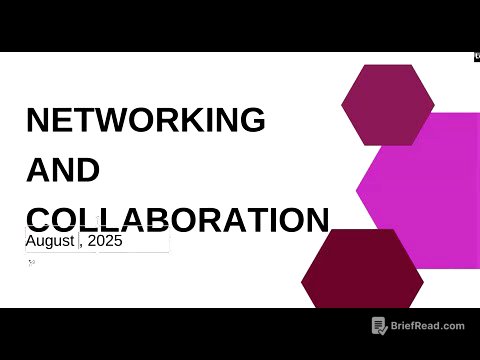TLDR;
Nate Silver discusses the characteristics and habits of successful risk-takers, whom he refers to as "Riverians." These individuals, found in competitive fields like finance and technology, are contrarian, analytical, and comfortable with uncertainty. He highlights the importance of being a conscientious contrarian, developing strong estimation skills, quantifying decisions, and adopting a "raise-or-fold" attitude towards life. Ultimately, embracing risk and learning from failure are crucial for thriving in a complex and uncertain world.
- Successful risk-takers are contrarian and analytical.
- Estimation skills and quantifying decisions are essential.
- Adopting a "raise-or-fold" attitude is beneficial.
- Embracing uncertainty and learning from failure are crucial for success.
The River Community [0:00]
Nate Silver introduces "The River" as a community of like-minded, risk-taking individuals he has encountered in competitive domains such as Las Vegas, Wall Street, and Silicon Valley. These people are contrarian and analytical, which leads to high variance, meaning both great success and significant failure. Unlike cautious actuaries or accountants, Riverians use their analytical skills to compete dynamically. Silver interviewed around 200 domain experts and practitioners for his book, "On the Edge: The Art of Risking Everything," identifying 13 common habits, which he will distill into a few key points.
Being a Conscientious Contrarian [1:09]
Many people in the River community are contrarian by design, especially in places like Silicon Valley, where investments are made in unproven categories or companies. Silver advises being a "conscientious contrarian," which means deviating from the consensus only with robust evidence. While the wisdom of crowds is generally smart and markets are hard to beat due to the collective intelligence of Wall Street, it's important to identify when there's strong evidence to go against the grain. This involves using multiple indicators and avoiding reliance on any single model, faction, or philosophy, as people are prone to error.
Estimation Skills and Incomplete Information [2:14]
Good risk-takers are skilled estimators who can work effectively with incomplete information. In fast-moving environments like markets or competitive systems, a quick, pretty good estimate is often better than a slow, perfect one. Being early to market requires making decisions based on the most reliable data points available and taking calculated risks using estimation skills.
Quantifying Decisions [2:48]
Quantifying decisions is essential for making informed calculations. This skill becomes second nature for poker players, who constantly assess probabilities and make decisions based on numerical odds. For example, when facing a bet, a poker player calculates the percentage of times they need to win the pot to justify calling the bet. Even if done roughly, the output must be a number that informs the decision-making process.
The Raise-or-Fold Attitude [3:29]
Silver advocates adopting a "raise-or-fold" attitude towards life, drawing a metaphor from poker. In poker, the choices are to raise, call, or fold, but passive players often only call, relinquishing control of the hand. A computer analysis would suggest raising or folding most of the time, either taking aggressive action or quitting. This concept applies to real life, as quitting unhappy relationships, jobs, or locations can preserve capital, decision-making power, and optionality, allowing for better decisions later with more information.
Embracing Uncertainty [4:25]
The world is intrinsically challenging and uncertain, which is why individuals, countries, and companies that are comfortable in uncertain environments are more likely to survive. While many people seek safety due to the complexity and confusion of the world, this can be a mistake. Those privileged enough to fail and recover multiple times have a greater reason to take more risks.









